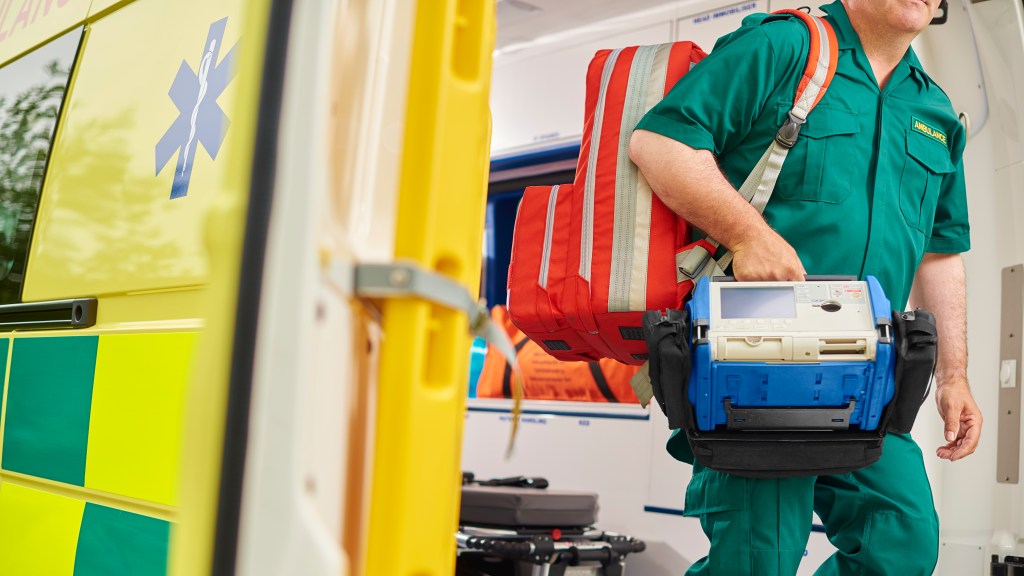NHS 111 Helpline Operator Totally Enters Administration
The firm responsible for operating the NHS 111 helpline, Totally, has entered administration, a move that is likely to leave shareholders with significant losses.
Totally has appointed administrators after failing to secure a buyer for the entire company. As a result, its shares, which are traded on the AIM market, have been suspended.
Based in Derby, the company has faced several challenges recently. Earlier this year, the NHS chose not to extend its £13 million annual contract, and it also disclosed a looming medical negligence claim of over £10 million, which its insurance is not expected to cover.
On Monday, Totally announced that it had engaged EY to manage the dissolution of the company. Subsequently, all directors, including the chairman, have stepped down.
The company’s urgent care, elective care, and corporate wellbeing divisions have been acquired by competitor PHL. Following the sale, these sectors will continue operations as usual, according to statements from Totally.
However, the sales will only finance the closure of the company, and administrators noted that they are unlikely to yield any payouts for shareholders. Many investors had anticipated this outcome, reflected in the dramatic decline of the share price, which plummeted over 97 percent in the past year.
In a statement last November, the management had expressed enhanced confidence in the business’s future; however, the NHS’s decision not to renew the 111 contract signified a critical turning point.
Totally employed more than 1,400 individuals and had planned to reallocate those involved with the NHS 111 service to other job roles. Unfortunately, suitable positions were not available. The NHS contract was considerably more lucrative than other agreements, prompting the company to issue a warning in early May that it was unlikely to turn a profit, if at all, for the financial year ending in March.
In that warning, Totally also informed shareholders about the medical negligence claim, which dates back to 2018. Initially, the company expected to rely on its insurer to cover the costs, but the insurer’s policy has a cap of £10 million, exceeding the amount of the claim.




Post Comment